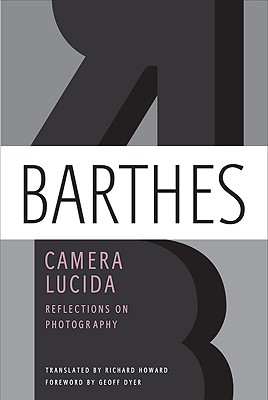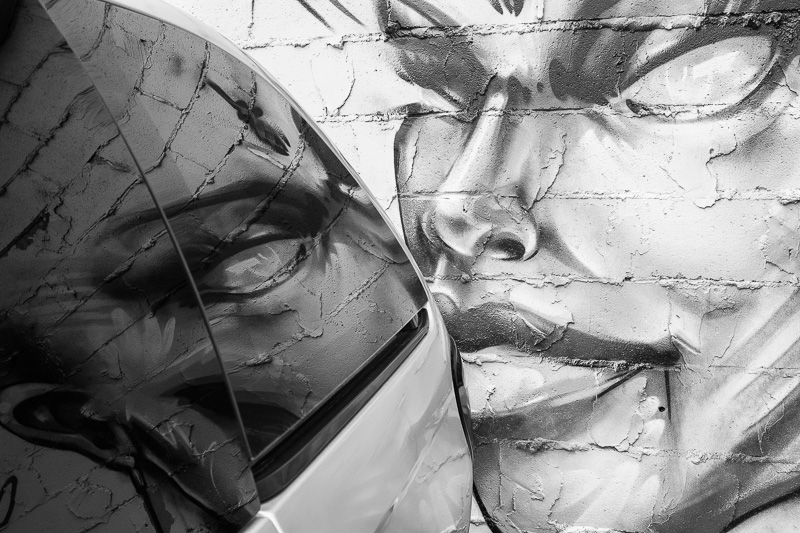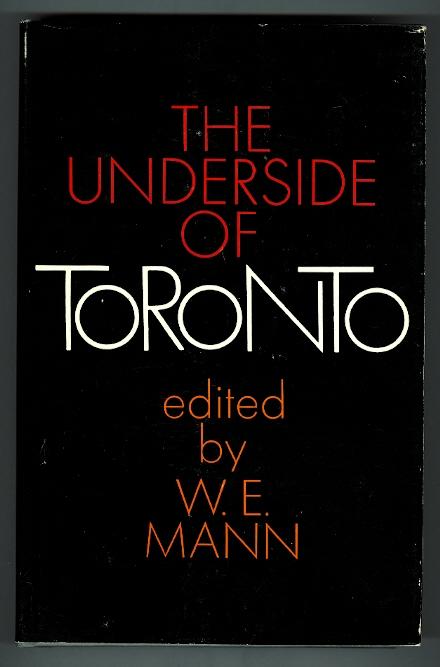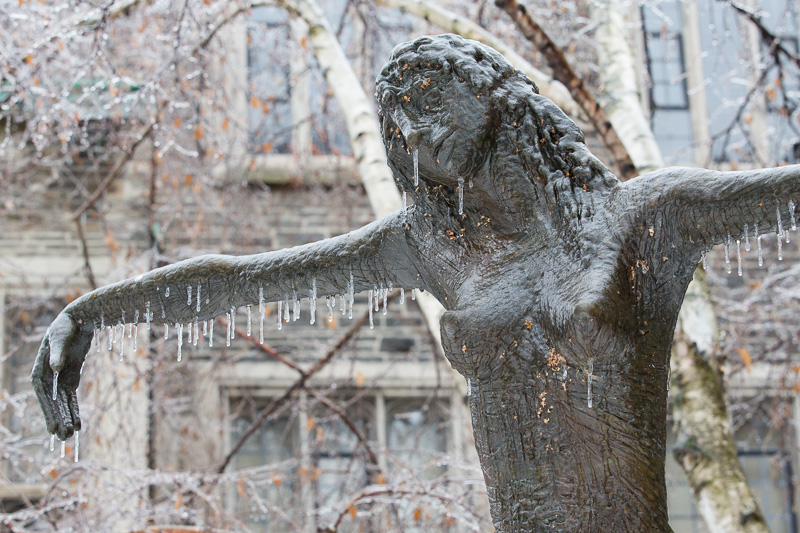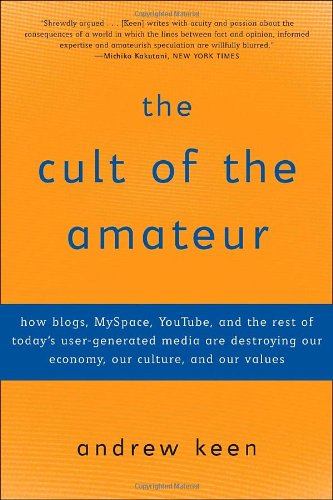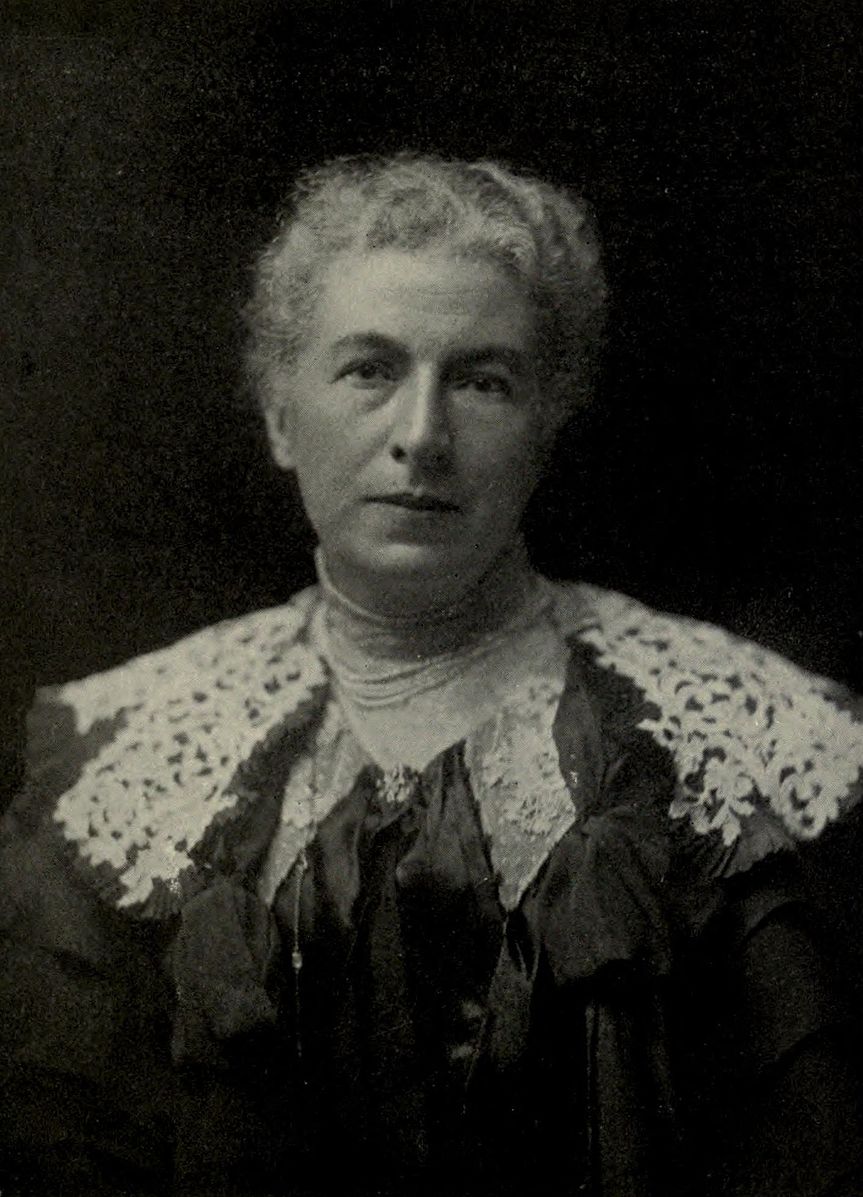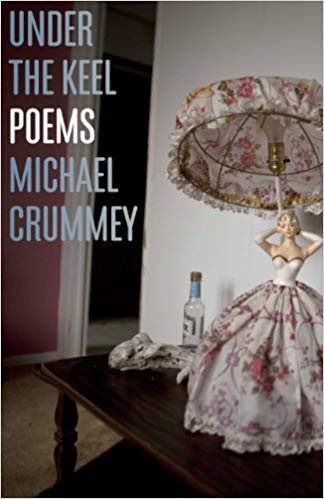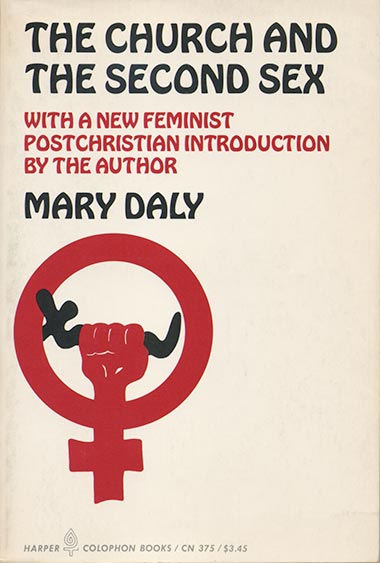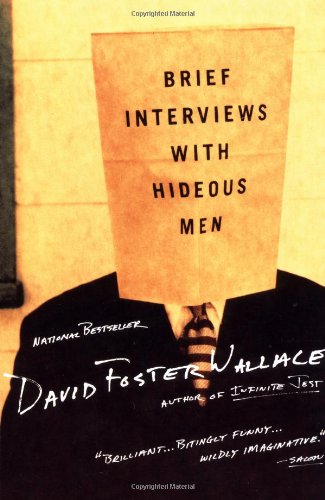In his Camera Lucida, Roland Barthes introduces the notions of studium and punctum to help us think about photographs. While far from the last word on photography in this post-structuralist postmodern world of ours, and (as Geoff Dyer cautions in his forward) while far from the last word even in Barthes’ own thinking, nevertheless the…
Tag: Books
Ansel Adams, Graffiti
In Examples: The Making of 40 Photographs, Ansel Adams gives accounts of how he produced some of his most famous photographs. When I picked up the book, I noted that he had written an account of graffiti he shot at an abandoned military installation north of San Francisco.
The Gay World
In 1970, W.E. Mann edited a volume titled The Underside of Toronto (McClelland & Stewart), perhaps an early effort to dispel the Disneyfied image of Toronto the Good. In Part Four, titled “Deviant Behaviour and Deviant Groups”, he includes William Johnson’s “The Gay World”.
Nine and a Half Weeks (Of Shopping)
Elizabeth McNeill’s erotic memoir of a love affair is celebrated for the fact that it’s told from the submissive’s perspective in an SM relationship. The unnamed man slaps, cuffs, spanks, whips, beats, humiliates the narrator who leverages the pain to a heightened desire. At least that’s how the novella-length memoir is celebrated. My take on the book is that it has less to do with sex than with shopping.
Crucified Woman in Ice Storm
In 1995, Oliver Sacks published a book titled An Anthropologist On Mars. It’s a collection of “case studies” about people with neurological disorders. The virtue of Sacks’s writing is that it’s accessible to the lay reader: he presents his subjects without technical jargon while preserving the important questions which their conditions raise.
The Cult of the Amateur
When cultural commentary turns its gaze to online technologies, it grows dated in the blink of an eye. It’s like watching Joan Rivers and the accelerating pace of her plastic surgeries. The minute one thing gets tacked in place, something else droops.
Robert Elsmere, by Mrs. Humphrey Ward
Suppose somebody told you they were reading a novel about a man who joined the ranks of the clergy, married a religious woman, found himself plagued by doubts (in university, he had moved with a crowd of mostly rationalist atheist science types), left the church, found himself in conflict with his wife and worried that the situation might destroy his marriage, poured himself into social justice causes and became a community organizer.
Stay, by Jennifer Michael Hecht
Stay: A History of Suicide and the Philosophies Against It by Jennifer Michael Hecht (Yale University Press, 2013) is an odd book. It’s odd in that there seems to be a divide between what it claims to be and what it is. Note that I didn’t say it’s a bad book. It’s a good book. But it’s not the book it thinks it is.
Read Everything by Brian Fawcett
My first encounter with his writing was his 1994 novel, Gender Wars. Among other things, I love the way he played with split text, layout, font, and font colour to challenge the reader to read better or deeper or whatever.
Two More from Bookthug
At this year’s Toronto Word On The Street, I picked up two chapbooks from Bookthug, one titled My Vagina, by André Alexis, and the other titled Deep Too, by Stan Dragland.
A by Andre Alexis
Since David Gilmour’s idiotic remarks of last week, there have been many clever responses, but the cleverest by far comes from a source that predates Gilmourgate by a few weeks: the novella, A, by André Alexis, published earlier in September by Bookthug.
Tired of David Gilmour? Read Michael Crummey instead
Yesterday, David Gilmour got himself caught up in an internet shitstorm. Unlike most of his detractors, I chose to let my opinions ferment overnight. I hope that leads to something more considered than much of the self-righteous anger I’ve read. Here are a couple things that might differentiate my opinion from others. First, I’ve actually…
I still don’t like Haruki Murakami
And by “Haruki Murakami” I use the name metonymically to mean “the body of writing produced by Haruki Murakami”; I’m sure that the man, Haruki Murakami, is a fine person and all, entirely worthy of my respect and admiration. I just don’t like his writing.
Church and the Second Sex
My ongoing novel research—trying to get inside the head of a Catholic feminist liberationist grad student—has taken me to Mary Daly’s The Church and the Second Sex, first published in 1968, then reissued in 1975 “with a new feminist postchristian introduction by the author.”
Bewitched DFW and Jerk-Off Culture
n my continued assault on my summer reading list, a few weeks ago I settled onto my balcony with David Foster Wallace’s Brief Interviews With Hideous Men. To appreciate what I’m about to disclose, you need to understand something about the layout of the condo my wife and I have chosen as our temporary residence…
